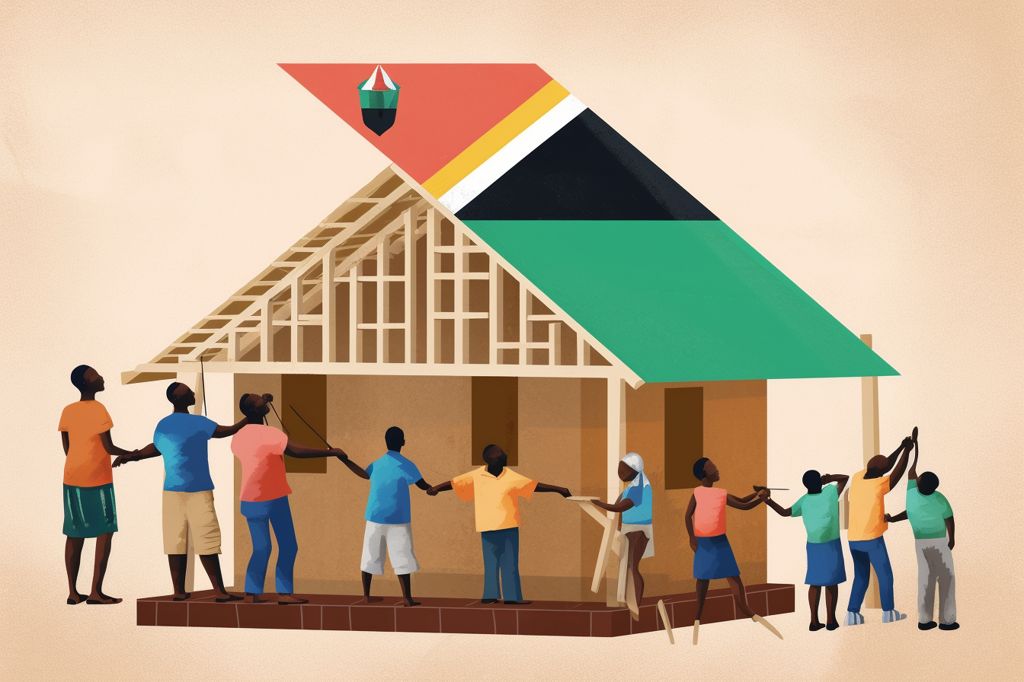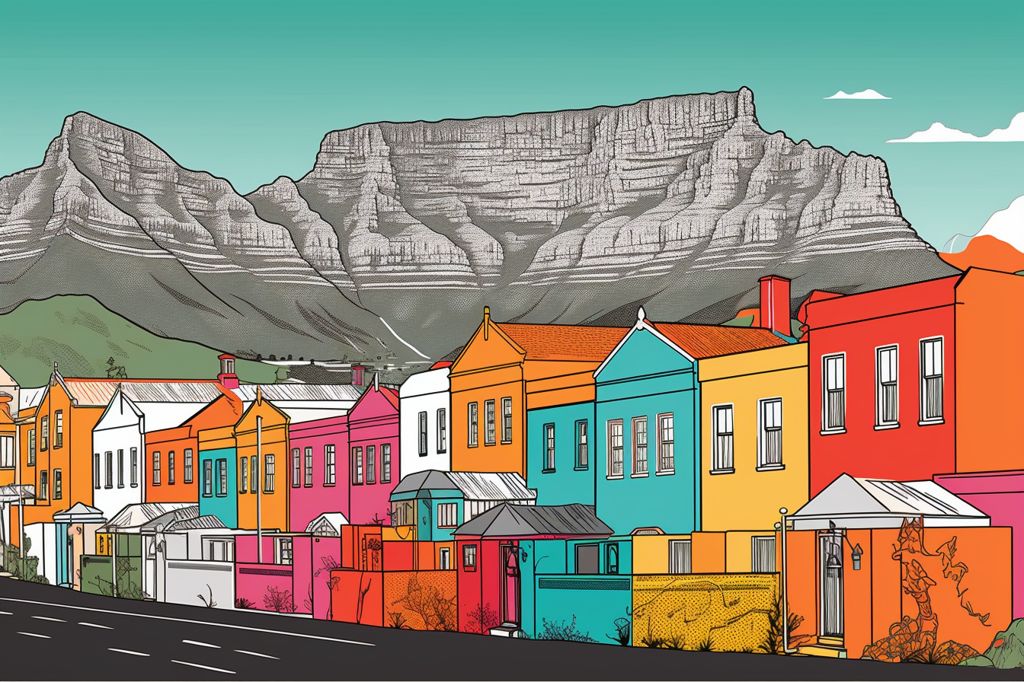Deputy President Paul Mashatile recently addressed the National Assembly on The Presidency Budget Vote, highlighting the significance of the social and political context in delivering his speech. In this article, we will delve into Mashatile’s vision for South Africa, which includes a focus on social cohesion, land reform, and service delivery.
Historical Milestones
Mashatile began his speech by acknowledging significant historical milestones in South Africa, including the formation of the Union of South Africa 113 years ago, the 110th anniversary of the 1913 Native Land Act, and the upcoming 30th anniversary of Freedom and Democracy in South Africa. He recognized the commitment to the principles of the Constitution and the need to confront the challenges that lie ahead.
Tribute to Heroes and Heroines
The Deputy President paid tribute to heroes and heroines who contributed to the struggle for freedom and acknowledged the millions of ordinary people who continue to work for the South Africa of their dreams. He highlighted the role of the 1976 student uprising generation, which inspired the formation of the Congress of South African Students (COSAS), playing an integral role in the United Democratic Front. The resilience of these generations laid the foundations for a democratic South Africa.
Progress and Challenges
Despite the lasting impact of the colonial and apartheid system, Mashatile notes that significant gains have been made as a nation. These include progress in electricity delivery, healthcare, infrastructure development, social grants, clean drinking water, housing, and literacy. However, challenges remain in electricity generation, water provision, and infrastructure. The government acknowledges criticism and embraces the diverse opinions of South Africans to create a better nation.
Priorities for the Sixth Administration
Priorities for the Sixth Administration
Land Reform
In his speech, Mashatile discussed the importance of land reform as a means to achieve restorative justice and transform colonial and apartheid spatial planning. The land reform agenda aims to empower beneficiaries, including rural communities, and heavily relies on investing in a capable, ethical, and developmental state with zero tolerance for corruption.
Executive Accountability and Planning Capacity
As Leader of Government Business in Parliament, Mashatile pledges to strengthen Executive Accountability to Parliament, ensuring that Members of the Executive attend to their Parliamentary responsibilities. He emphasizes monitoring and fast-tracking the processing of priority legislation to improve the planning capacity of line departments to effectively deliver services to the people.
Social Cohesion and Nation-Building
Finally, Mashatile emphasizes the importance of social cohesion and nation-building, engaging with various partners, including Traditional and Khoi-San Leaders, Traditional Health Practitioners, Military Veterans, and Faith-based organizations, to work towards a common goal of a non-racist, non-sexist, and prosperous nation. South Africa’s success depends on unity in diversity, collaboration, and a shared determination to build a better life for all.












